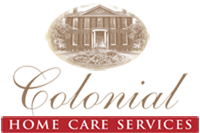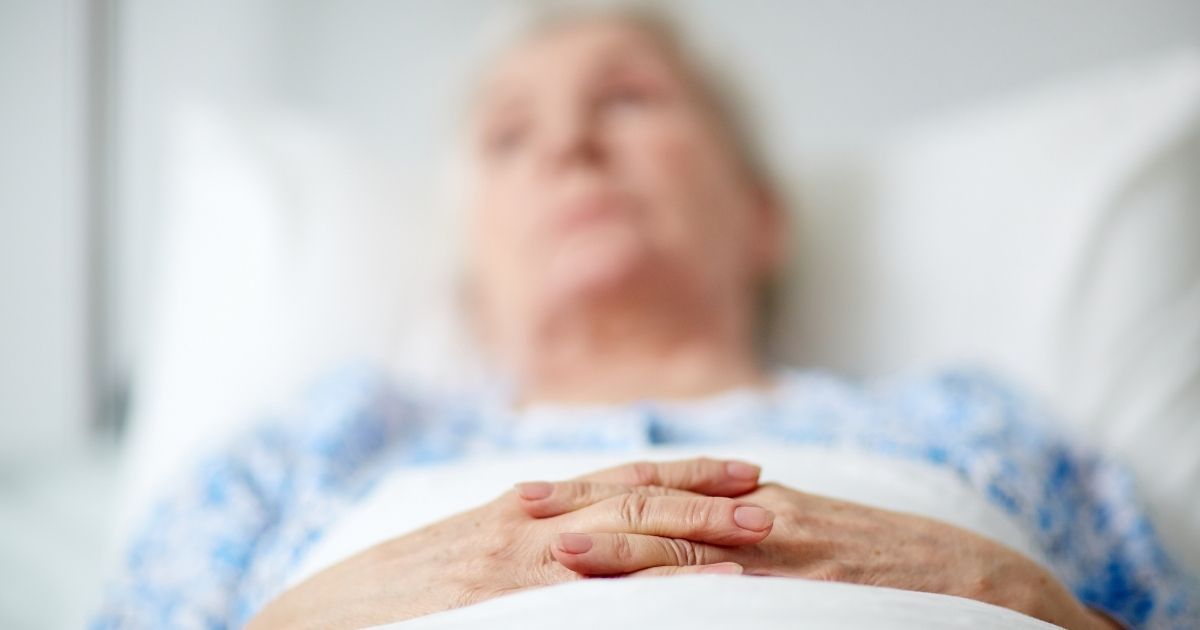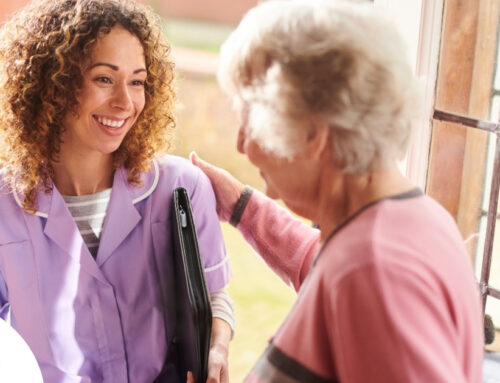Each year, millions of Americans aged 65+ are admitted to hospitals for reasons that include injurious falls, strokes, and adverse cardiac events. Once that hospital stay is over, those seniors- and their families- are faced with the difficult task of recovering at home. As an informal caregiver, keeping your loved one safe and comfortable during the recovery process can sometimes be overwhelming. Here’s how to help that special senior in your life avoid hospital readmission when faced with the perils of going home.
Why Seniors Go into the Hospital
In an average year, over 800,000 seniors in the U.S. get hospitalized after falling. Many endure extended hospital stays due to hip fractures, broken bones, and head trauma, and, sadly, some lose their independence permanently as a result.
According to AARP, these are other common reasons for hospital admissions in the elderly:
- Cardiac arrhythmias
- Congestive heart failure
- Chronic obstructive pulmonary disease (COPD)
- Coronary atherosclerosis
- Diabetes
- Infection
- Medication problems
- Pneumonia
- Stroke
Transitional Care Tips to Avoid Hospital Readmission for Family Caregivers
Whether it’s recovering after an operation, a surgery, or a hospital stay, transitioning back to home can be an emotionally trying time for all parties involved.
Here’s how to ensure that your recovering senior gets the transitional care they deserve:
Be patient and supportive
Adjustments that accompany a recovery can be notably difficult for seniors. As a family caregiver, go in with an open mind, be willing to communicate and listen patiently, and remain as empathetic as possible. Although your loved one might be angry, frustrated, depressed, or anxious, don’t allow those negative emotions to keep you from giving them the love and support they need.
Use a team approach
Although the period after a hospital stay can feel like a whirlwind, allow plenty of time to consult with your senior’s doctors, surgeons, and other healthcare specialists. Numerous tasks will need to be managed, like housekeeping, meals, rehab appointments, medication reminders, etc. Develop a schedule based on those needs, and don’t be afraid to involve other trusted family members and friends in the process.
Safe proof the home environment
After a hospital stay, your loved one may have difficulty getting around, or they could be experiencing pain, medication side effects, or noticeable changes to their hearing or eyesight. At that point, falling becomes a real possibility. Create a safer home environment by moving furniture out of walking paths, adding more lighting, and installing grab bars in the bathroom.
If they will be using a wheelchair or walker for a while, it might be best to install wheelchair ramps at the front and back entrances. Also, ensure that the pantry and fridge are well stocked and that all your loved one’s health needs are on hand, like hearing aids, vision aids, medications, etc.
Help where you can
For at least the first few weeks, you may be asked to help coordinate tasks like home health care visits, doctor’s appointments, therapy sessions, and medication refills. Based on your loved one’s ability to perform activities of daily living (ADLs), you might need to assist them with bathing, housekeeping, laundry, food shopping, cooking meals, and other responsibilities. As an unpaid caregiver, it’s also imperative that you offer them constant encouragement and emotional support.
Seek outside assistance
Although it’s very gratifying, serving as a primary caregiver during a loved one’s recovery can also be physically and emotionally draining. Avoid caregiver burnout by bringing on an extra pair of hands from sources like:
- Family members, neighbors, and friends
- Community volunteers that work with the aging
- A meal delivery service
- An online pharmacy
- A professional in-home caregiver
Quality In-Home Transitional Care for Orange County Seniors to Help Them Stay at Home After the Hospital
Meeting the transitional care needs of an older loved one after a hospital stay can be hard. As a locally owned and family-operated provider, Colonial Home Care Services makes it easy for families to keep their aging loved ones safe- even with little notice in an emergency. At CHCS, we take great pride in carefully selecting and thoroughly screening our caregivers to ensure all have the right skills, knowledge, experience, and personality.
As a family-trusted home care provider serving Orange County, Long Beach, Mission Viejo, and surrounding communities, CHCS has been providing peace of mind to those we serve for over 25 years. To learn more now about our award-winning home care services or to schedule a FREE in-home assessment for a senior in our service area today, please visit us at www.colonialhomecareservices.com.




